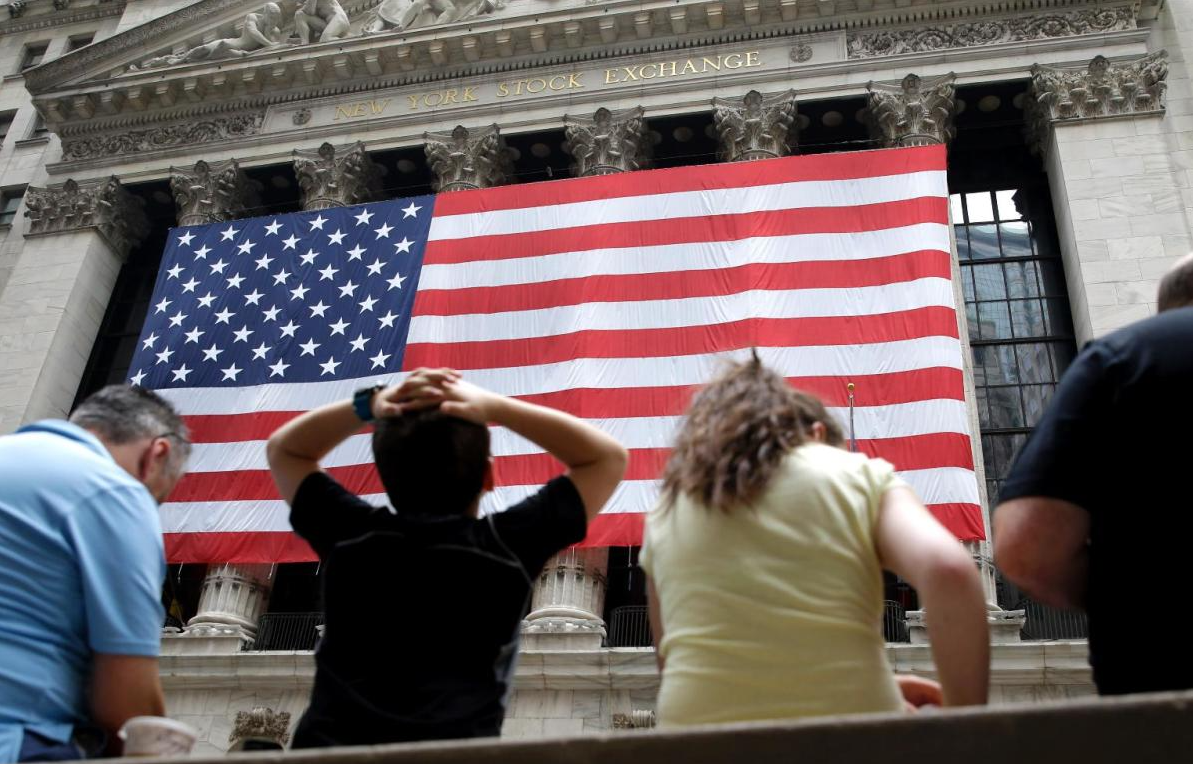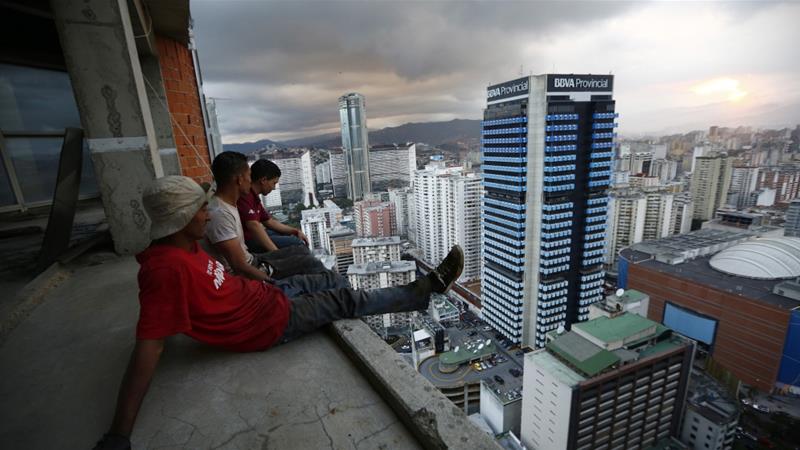In the midst of a global combined economic and public health crisis, American stock markets have been doing rather well. The country has pumped trillions into its large corporations which has avoided a large-scale market crash such as that seen in 2008. But while Wall Street remains relatively intact, the rest of the country is spiraling into chaos due to several inter-connected crises.
Just a month ago it was incomprehensible that any news could top the historic global pandemic as 2020’s biggest story. But a wave of protests across the United States has highlighted that the country is suffering from more than just COVID-19.
Crisis in health
After months of economically painful lockdowns, curfews, and restrictions the US is reopening the economy even as its cases continue to climb. Wednesday, June 10, saw the two millionth COVID-19 case recorded. US President Donald Trump has pushed for reopenings even while many public health experts warn the nation might still be in the first wave of infections.
Those who died from COVID-19-related complications have disproportionately comprised minorities, and continue a sad historic trend of hitting the country’s Black communities the worst.
The unique nature of the US healthcare system means many will now face thousands of dollars in medical bills just as a “tsunami” of bankruptcies is due to hit in the aftermath of lockdowns that saw millions lose their jobs.
Crisis in inequality
The brutal death of George Floyd served as another painful reminder that the United States still has not created even a semblance of parity between Black and white people in the country. The death of another Black man in police custody triggered protests around the country, and a heavy backlash from the country’s elites.
Media and many officials instantly painted the protests as violent riots, and labeled protesters “looters.” State officials and media channels rushed to discredit the genuine demands of the mostly peaceful protests. The anti-racism demonstrations have since been used by agent provocateurs from groups advocating for a second civil war to stir up more violence and resentment between racial and economic sections of the population.
Pulitzer-prize winning reporter Chris Hedges has called the government response to protests “treason by the ruling class” and says a “mafia state” has replaced the country’s capitalist democracy. “We are serfs ruled by obscenely rich,” Hedges wrote in Common Dreams, saying the country’s wealthy constitute “omnipotent masters who loot the U.S. Treasury, pay little or no taxes and have perverted the judiciary, the media and the legislative branches of government.”
According to Hedges, who has seen several countries spiral into chaos and war, the US has only two possible paths left: Revolution or tyranny.
Crisis in the economy
The country’s shocking poverty has only worsened in a time of record highs in the country’s stock markets. The disconnect between main street and wall street is now painfully exposed as news of record highs in the NASDAQ feature on the same front pages as record numbers of deaths, unemployment, an approaching “avalanche” of evictions, and severe public discontent.
The crisis has similarly exposed the country’s nearly defunct labor laws to daylight as millions were immediately laid off from their jobs when lockdowns became a reality. Constantly clicking refresh on overwhelmed and continuously crashing state unemployment websites, citizens have started to realize that a welfare state is not a comfortable “handout” to those too lazy to work, as politicians have told them for years.
Instead people have been left to their own devices with little help from the government outside a one-time stimulus check that did not cover rent and expenses in most US cities. For decades Americans have swallowed tax cuts for big business, but the crisis has again proven that businesses actually have a responsibility to create as few jobs as possible to ensure maximum profits for shareholders.
Crisis in leadership
Amid the disintegration of the American social contract, US Donald Trump is rapidly undoing the post-WW2 era unspoken agreement that has sustained American hegemony. For decades, the US paid the most to global institutions such as the WHO and NATO. In exchange the US did not have to decolonize, was able to invade nations at will, and made its currency the favored exchange in the international market.
But President Donald Trump apparently considers that the country’s superior military strength alone should be enough to force the global community into compliance. By withdrawing funding from the WHO, pressuring NATO allies into paying higher dues, and sanctioning the world’s highest court, Trump is changing the image of the US from a benevolent global empire into a rogue state.
Vetoes at the Security Council are casually and repeatedly suppressing the will of the global community, while calls for mercy on states suffering under crippling US sanctions remain ignored. Trump has willfully broken the unspoken agreement between the US and the world, silently approved by Democrats who have signed off on every increase of the military budget, corporate hand-out, and even his wall on the Mexican border.
With America’s reputation badly damaged abroad and civil discord in the streets at home, the US is facing a historic crisis that could precipitate the final tumultuous decline of “global America” as we know it today.


